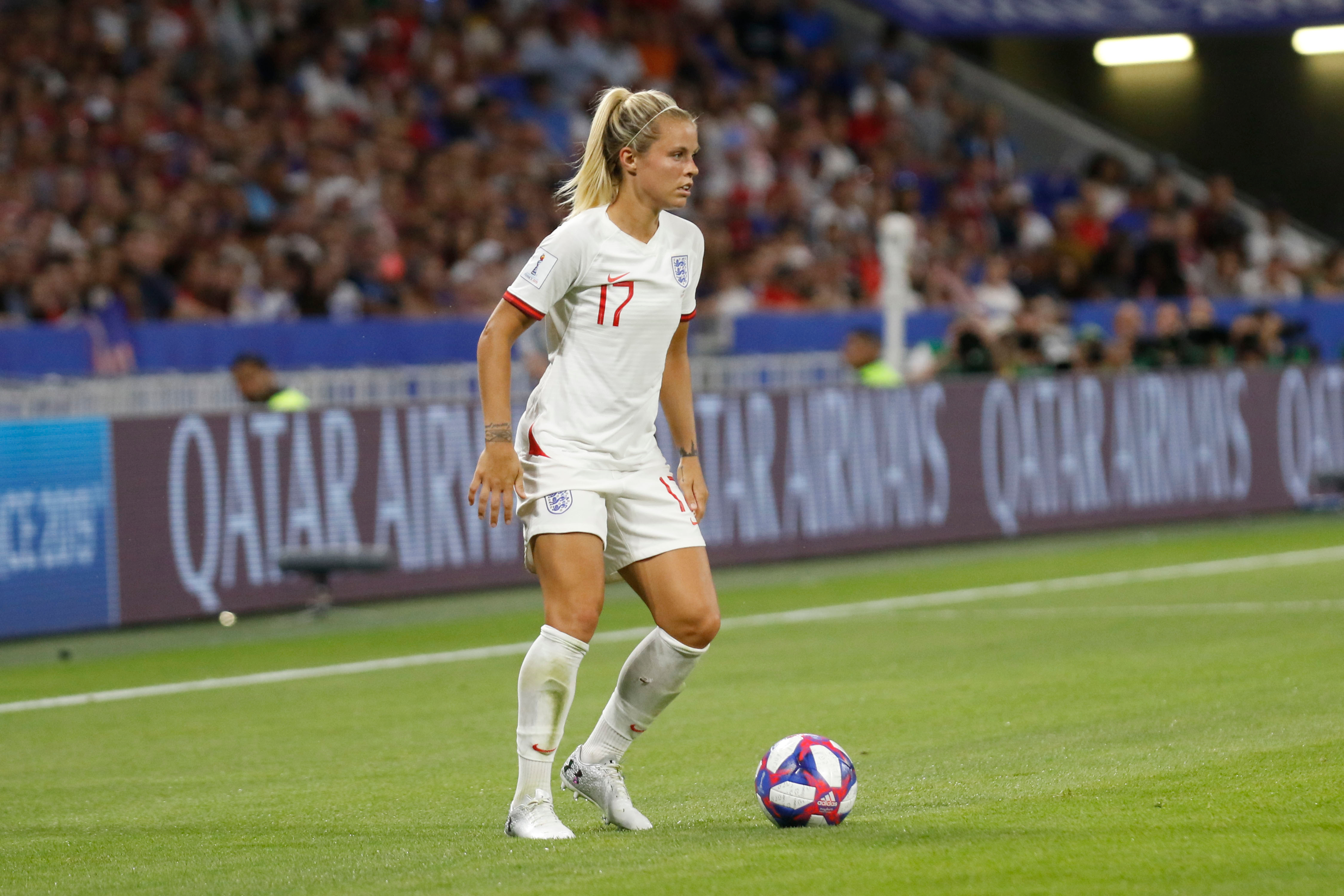
How well do you know your women’s football?
The Women’s World Cup in France is still fresh in the memory, but for womens football to continue to grow in this country and build on excellent viewing figures, the excitement needs to continue onto matchdays in the forthcoming WSL season.
And yet while increased sponsorship of the women’s game means there could be no better time to pursue working opportunities in the women’s game, it turns out we don’t know a great deal about women’s domestic football. Media coverage and visibility in women’s sport, including football, has been a pertinent issue for many years – according to Where are all the women?, men’s sport accounted for more than 80% of TV coverage in the UK in 2017.
In light of these challenges, football ticket supplier Livefootballtickets.com wanted to identify just how much of a problem the lack of women in the sporting landscape is. Using YouGov’s ratings tool, the percentage of British millennials* aware of English women’s football teams in the UK was obtained.
Which teams are the least well-known?
The women’s football team British millennials are least aware of is Yeovil Town Ladies F.C. – just 38% had heard of this club.
The next in line, with a 42% familiarity score, is Reading F.C., whilst Bristol City Women F.C is recognised by 45% of millennials.
Livefootballtickets.com can reveal the following British women’s football teams are recognised by at least half of the public:
Brighton & Hove Albion (50%), Birmingham City (53%), Everton (55%) and West Ham United (59%).
Which teams are the most well-known among British millennials?
In fifth, fourth and third place for percentage of familiarity, are Manchester City F.C. (61%), Chelsea (68%) and Arsenal (69%).
Finally, the two most well-known women’s football teams are Manchester United and Liverpool. And even so, it is a shock to see that 30% and 29% (respectively) of Brits still have not heard of these two iconic clubs.
An exclusive comment from Cath Ivill, a Getty Images photographer for the FIFA Women’s World Cup 2019, explores the issue of visibility in women’s sport and how to overcome it:
“2019 is the year for womens football. Brands have jumped on board – with Barclays announcing a £10m sponsorship package earlier this year for the newly formed Women’s Super League, and Lucozade reworking England’s anthem ‘Three lions’ to ‘Three Lionesses’.
“The explosion in popularity of womens football has meant we’ve seen a significant increase in media representation of women playing sport – which is fantastic news. Until now, the opportunities for women to see other women playing, and succeeding, in sport have been minimal.
“But it’s not enough to merely increase representation – media (and those brands who are getting behind women’s football) need to ensure that their representation of women’s sport is authentic and positive. Imagery should focus on the skill, strength, speed, passion and drama of the sport instead of the gender and appearance of the players.
“As sports photographers on the ground, we do not differentiate between women’s and men’s football games. Our role is to capture the amazing sporting events and convey the excitement from the pitch to those who see our images. Getty Images photographers have been endowed with the responsibility to ensure we’re representing the game in a way which will further women’s football and will increase female participation in sport more generally.”
Women in Sport: Access interviews and profiles with leading women in the sport and fitness industry via our ‘Women in Sport’ section on Careers in Sport.

